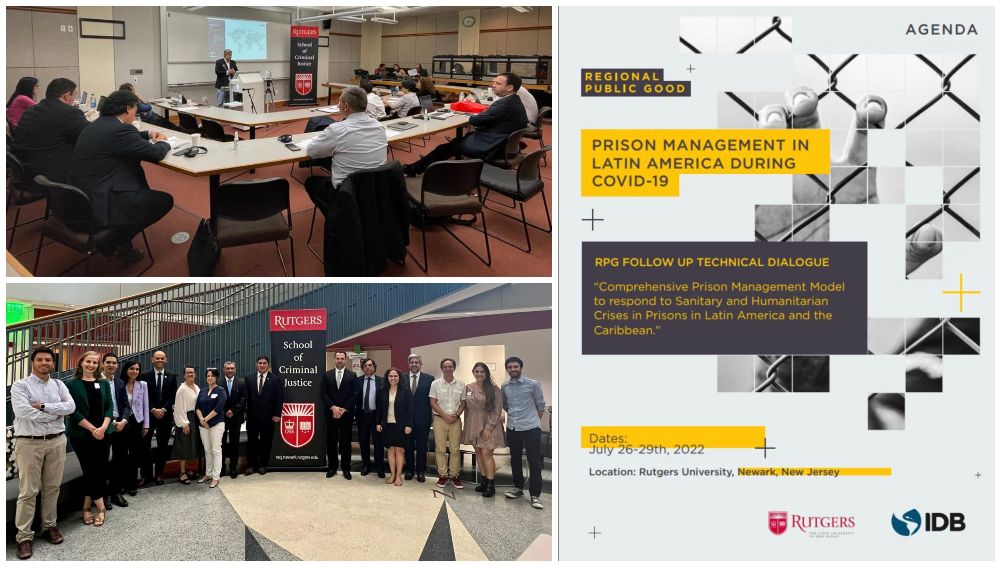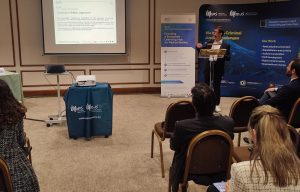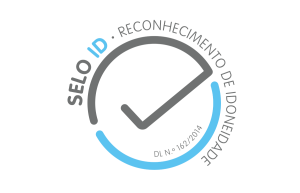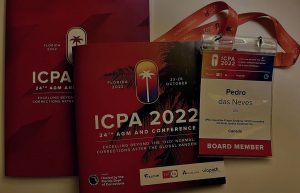National authorities from Latin American countries and international experts gathered by the Inter-American Development Bank (IDB) to share best practices in the penitentiary sector. The goal is to enhance the response to the sanitary and humanitarian crises exacerbated by the COVID-19 pandemic.
Prison systems in Latin America and the Caribbean have been facing serious challenges. With high and rising incarceration rates, prison overcrowding is often a problem. This overload leads to low living standards inside prisons and usually hinders rehabilitation programmes.
A combination of factors contributes to prison overcrowding in this region, namely highly punitive justice systems, the overuse of pretrial detention instead of community alternatives, and the underdevelopment of the penitentiary infrastructure.
The COVID-19 pandemic intensified these challenges bringing the need for new health and sanitary measures. New procedures requiring heightened hygienic care, physical distancing, and medical care placed a heavy load on the already scarce resources and space available. Overall, the long-term impacts of the pandemic are taking a toll on the region’s sizeable development gap, with far-reaching consequences in the economic and social dimensions.
IDB promotes a prison management model focused on health and humanitarianism
In the face of this situation, in 2020 the Inter-American Development Bank (IDB) approved the project “Comprehensive Penitentiary Management Model for Health and Humanitarian Crises Response in Latin America and the Caribbean Prisons”. This project is part of the IDB’s larger initiative, Regional Public Goods (RPG), created to face the development challenges in Latin America and the Caribbean.
In this effort directed at the penitentiary setting, the aim is to develop sanitary guidelines and contagion mitigation mechanisms that will be implemented in a new comprehensive management model in the prison systems.
Beyond strengthening the institutional capacity to respond to public health crises, the policies to develop under the IDB’s initiative framework have in mind a
humanitarian vision and respect for human rights.
Shaping new prison management in Latin America and the Caribbean from experiences worldwide
In the scope of this project, the IDB organised a four-day event gathering international experts and penitentiary authorities to learn more about innovative solutions implemented around the world to respond to the pandemic challenges and beyond. Exploring new inmates’ rehabilitation models, programmes for alternative measures to imprisonment, and digital innovation in prisons were among the topics on the table.

IPS_Innovative Prison Systems CEO Pedro das Neves, participating in his role of IDB consultant, contributed to presenting the project’s progress and work plan. Furthermore, through his experience in supporting digital transformation in corrections, Mr das Neves led an insightful dialogue on the process of implementing safe digital technologies and innovations in the prison system.
The event included field visits to explore relevant initiatives that could contribute to mitigating prison overcrowding and the lack of rehabilitative efforts in Latin America and the Caribbean. These insightful programmes include The Manhattan Justice Opportunities programme and the Little Scandinavia prison unit in the Chester State Correctional Institution, Pennsylvania.
Through the Manhattan Justice Opportunities programme, the Center for Court Innovation in New York provides free support for accused individuals and community-based alternatives to fines and incarceration. Involving judges, lawyers, and community organisations, the programme aims to assist people charged with misdemeanour offences and felony crimes.
Manhattan Justice’s programme provides counsel and case management, connecting the participants with services to address healthcare, mental health, or substance abuse issues. Moreover, with a focus on community involvement, the programme can develop plans for educational opportunities, job-readiness training, and other civic engagement opportunities.
The Little Scandinavia prison project is a reform initiative conducted by the Pennsylvania Department of Corrections with support from the Norwegian Correctional Service (Kriminalomsorgen), the Swedish Prison and Probation Service (Kriminalvården), the Danish Prison and Probation Service
(Kriminalforsorgen) and a research team led by Drexel University and the University of Oslo.
The project is piloting the Norwegian Correctional Service’s rehabilitative focused concept in a Pennsylvanian facility. The goal is to increase both staff and inmate wellness, reduce dangerous situations in prison, and reduce future recidivism rates, with an emphasis on rehabilitation instead of punitive measures.
The four-day event was ultimately very fruitful in knowledge sharing, contributing to the development of future initiatives that have the potential to make a difference in the justice panorama of Latin American and Caribbean countries.
For more information on the Regional Public Goods initiative and its projects, please visit its IDB page.
Related news

“EU Knowledge Hub on Prevention of Radicalisation”: European Commission Launches a €60 Million Initiative for the next 4 years
Read More »
International conference unveils comprehensive strategies to tackle radicalisation in the criminal justice system and beyond
Read More »
IPS_Innovative Prison Systems receives R&D expertise and competence recognition from the National Innovation Agency (ANI)
Read More »
Integrating young justice-involved people through careers in the sustainable Blue Economy
Read More »
Supporting Radicalisation Prevention in Central Asia in light of Dynamic Security and Prison Intelligence
Read More »


